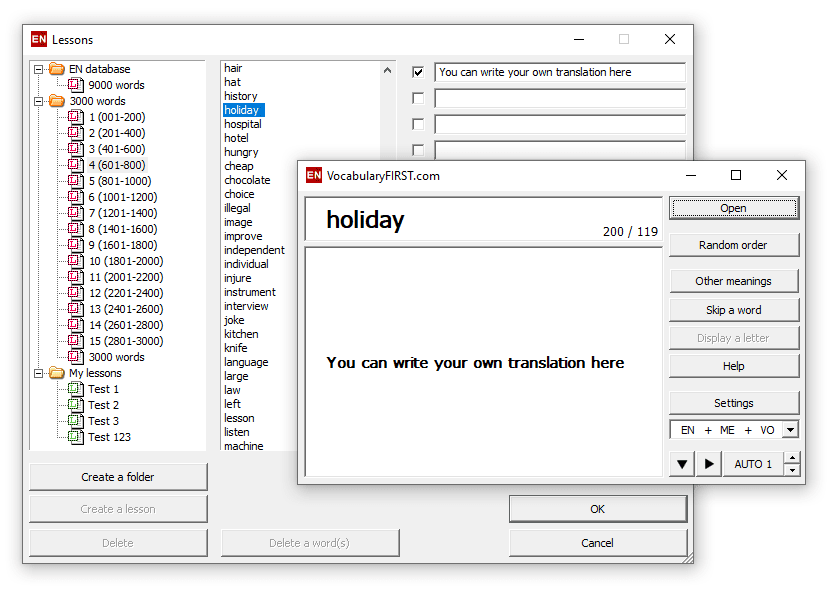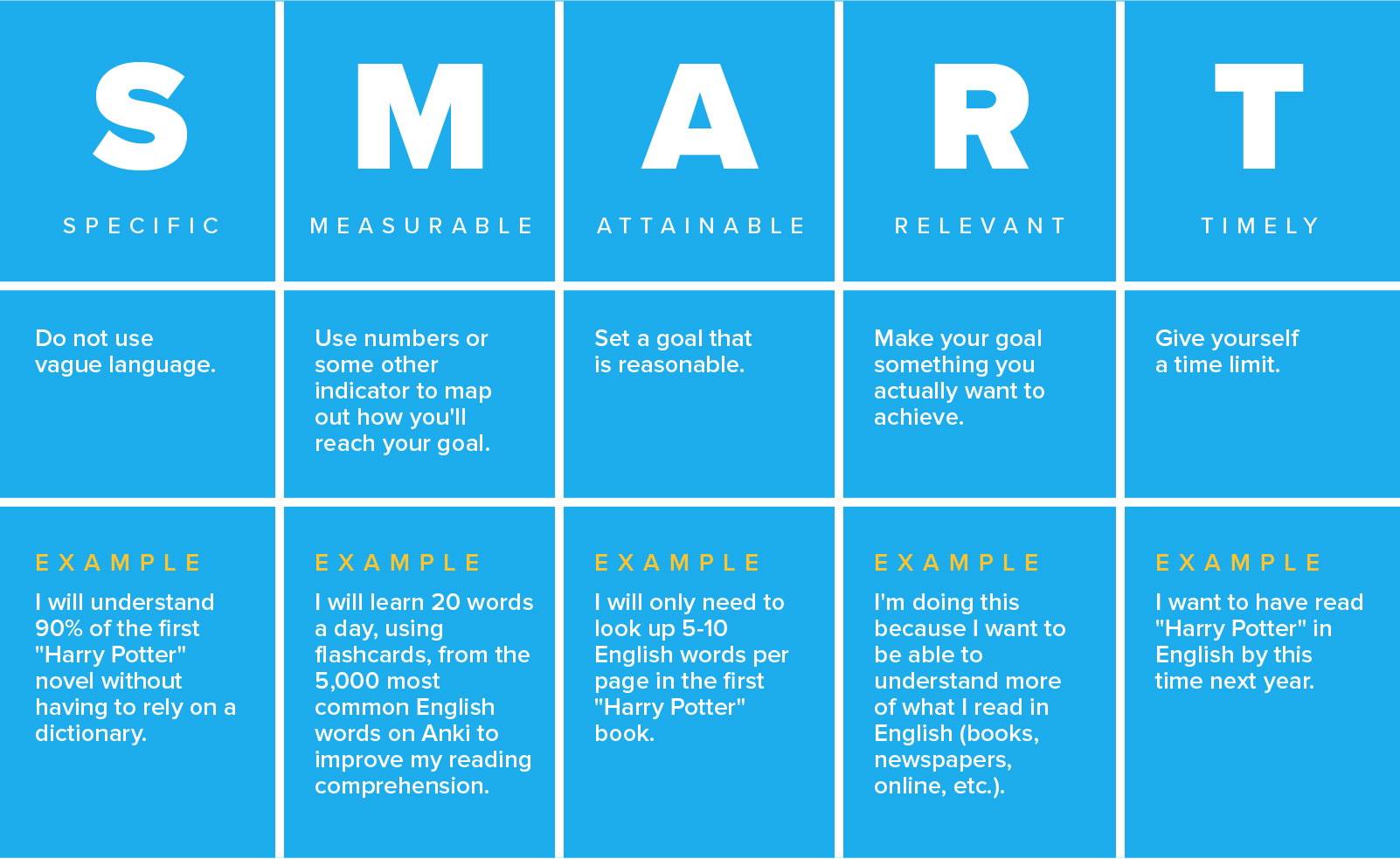
small phrases that combine several words) and ‘scripts’ (i.e. We retain words better when we learn them in small ‘chunks’ (i.e. There are also discussion boards under activities, so you can share your ideas with other learners. No matter what topic interests you, you will always find something there. Tip: The British Council LearnEnglish website features tons of interactive videos, games and podcasts. For example, if you are a football fan, there are more chances you will remember the word 'unstoppable' in a sentence, such as 'Messi is unstoppable', rather than just as a single word or in a generic sentence, e.g. You will be more likely to remember a new word if it is used in a context you find interesting or are passionate about. Word lists and index cards are great for revisiting vocabulary you have already learned, but to make a new word stick in your mind, try linking it with something meaningful to you. Making lists or index cards with random words is not usually an effective way to remember and use these words later. Here are ten strategies to help you make words stick in your mind and use them in conversation. Remembering and using new words in speech is often a challenge for language learners.

However, when it comes to speaking, the new words seem to fall out of your head, so you resort to your old friends – words you already know and have used many times – again and again. You plough through new words every day, make long lists of words and practise with flashcards.

Teacher and teacher trainer Svetlana Kandybovich, our latest TeachingEnglish blog award winner, shares her top tips for remembering new words.Īs a language learner, you work hard to expand your vocabulary.


 0 kommentar(er)
0 kommentar(er)
